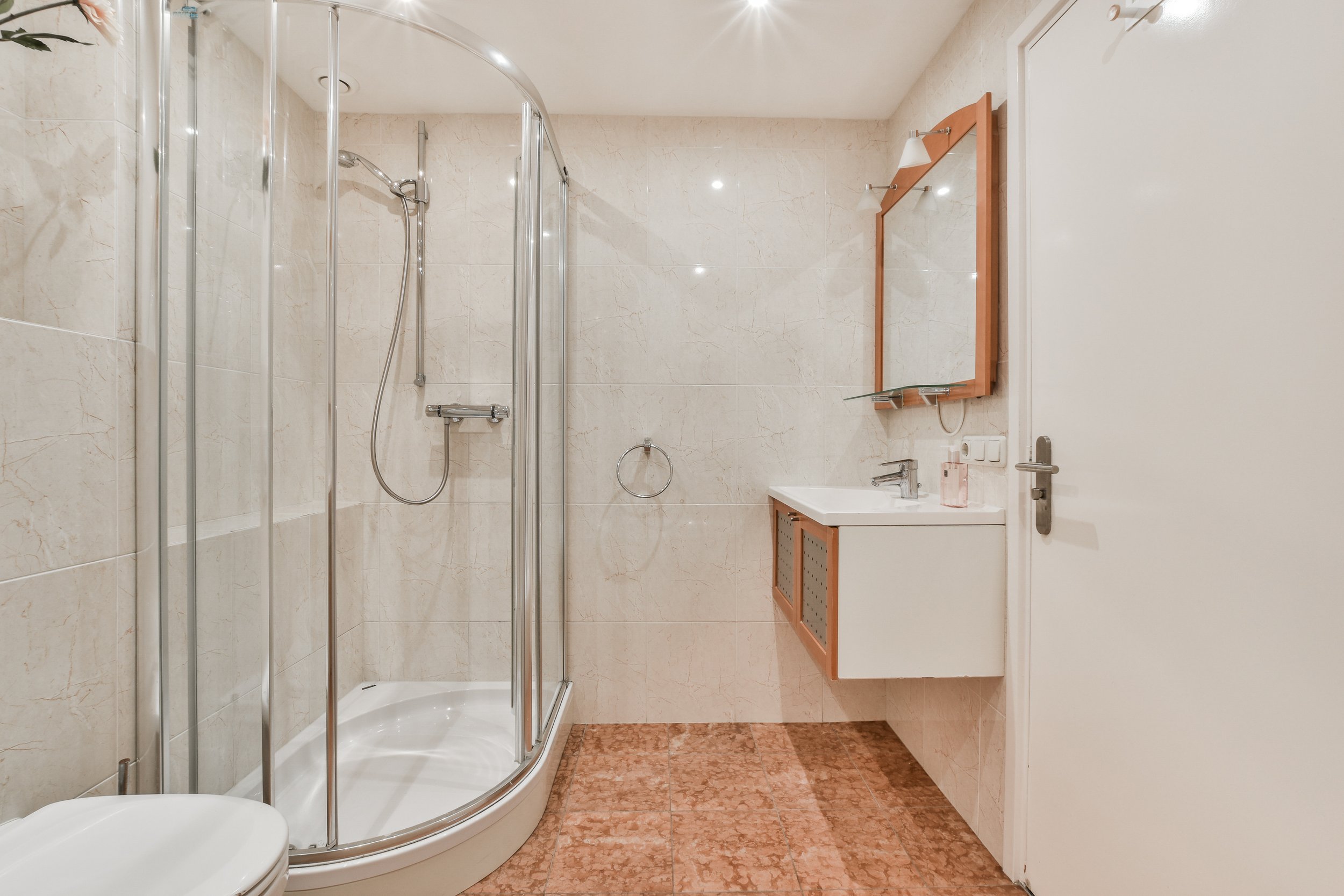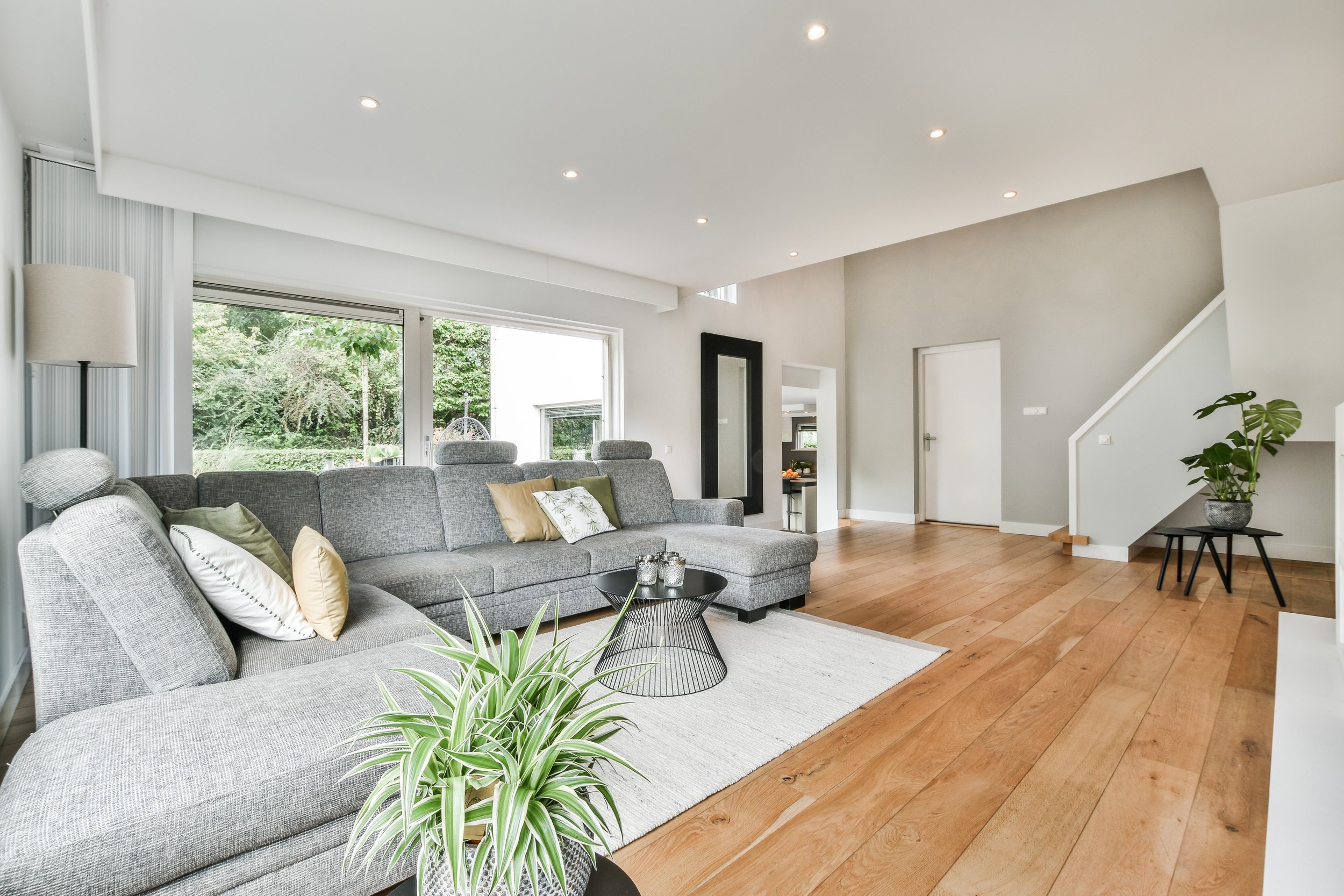
Who Should I Hire to Finish My Basement in Midtown Atlanta? Choosing the Right Pro for the Job
Finishing a basement in Midtown Atlanta is less about drywall and flooring, and more about judgment. Townhomes off Peachtree, classic bungalows in Ansley Park, and newer builds near Piedmont Park all have different bones and different risks. A solid contractor knows which walls can move, where moisture sneaks in after a summer storm, and how to pass inspections on the first try in the City of Atlanta. This guide breaks down what matters, how to compare bids, and where a company like Heide Contracting fits if you want a dependable, code-compliant space that looks and functions the way you expect.
What a Midtown Basement Needs That Generic Bids Ignore
Midtown’s soil and housing stock call for specific planning. Many basements sit partly below grade, which changes moisture control and egress requirements. Older homes may have knob-and-tube remnants, mixed framing, or uneven slab elevations. Some properties back up to alleys where access is tight, which affects material handling and timeline.
A contractor familiar with Midtown should bring up three topics without prompting: water management, code paths for bedrooms, and mechanical capacity. If a bid skips these, expect change orders later. Good planning fixes most “surprises” before demo starts.
General Contractor, Design-Build, or Specialist?
The right hire depends on scope and priorities.
A general contractor works well for straightforward finishes where you have a clear plan. They coordinate trades, pull permits, and keep the schedule. This is common for media rooms, playrooms, or simple guest suites.
A design-build firm suits basements that need structural changes, complex lighting, or custom millwork. With one team from concept through punch list, you reduce handoffs and get faster Heide Contracting: basement finishing services in Atlanta, GA. approvals. This can save two to four weeks in Midtown’s permit cycle because drawings, selections, and structural notes move together.
A basement waterproofing specialist makes sense if there is active seepage or hydrostatic pressure. Handle water first, then finish. Often, Heide Contracting partners with trusted waterproofers, sequences the work, and warranties the finish against moisture intrusions linked to workmanship.
Permits, Codes, and What Inspectors Ask For
Expect at least building, electrical, plumbing, and mechanical permits in the City of Atlanta. If you plan a bedroom, it must have egress: a compliant window or exterior door with clear opening size, sill height, and a proper well if below grade. Carbon monoxide and smoke alarms need to interconnect with the home’s system. GFCI and AFCI protection is standard in many basement circuits.
Contractors who work Midtown regularly know the city’s typical inspection order: rough inspections grouped in one visit when practical, then insulation, then final. They will plan inspections early in the schedule so finishes do not stall. A practical timeline for a 700 to 1,000 square foot finish runs 6 to 10 weeks after permits and selections are complete, depending on custom features and inspections.
Moisture, Radon, and HVAC Capacity
Basements live or die by moisture control. A proper scope includes sealing cracks, addressing exterior grading if needed, adding a continuous vapor barrier behind framed walls, and using foam at rim joists. Batt insulation alone is not a moisture plan. Ask how the team will transition from slab to bottom plate and how they isolate framing from concrete.
Radon levels in Atlanta can vary. A simple test kit costs little and can be done during planning. If levels run high, a sub-slab depressurization system is straightforward and easier to install before finishes.
HVAC needs careful math. Many homes near Piedmont Park already run near capacity in July. An added 700 square feet of conditioned space might push a system over its limit. A good contractor will have a licensed HVAC partner perform a Manual J and suggest either duct modifications, a dedicated zone, or a compact ducted mini-split. Oversized systems short cycle and leave the basement humid. Undersized systems never catch up. Either way, comfort suffers.
Real Budget Ranges Midtown Owners See
For a clean, code-compliant finish with LVP floors, painted drywall, recessed lighting, and a simple bath, Midtown projects often land between $70 and $150 per square foot. Structural work, custom built-ins, high-end tile, or a wet bar can push that to $150 to $220 per square foot. Powder rooms usually add $10,000 to $18,000; full baths tend to add $16,000 to $28,000 depending on plumbing distance and finishes. These are working ranges, not bait numbers. Clear scopes and verified material allowances keep the final bill predictable.

How to Compare “Best Basement Finishing Companies Near Me” Results
Search results can be noisy. Local proof matters more than star counts. Look for permits pulled in your ZIP code during the last 12 to 18 months, not just glossy photos. Ask for two references within three miles of your address. Then have short, honest calls about schedule, dust control, and communication.
Here is a tight checklist to use during calls:
- Ask who handles permitting and how long the city is taking right now.
- Confirm moisture and radon plan before any framing begins.
- Request a line-item estimate with allowances for flooring, tile, and lighting.
- Verify that licensed trades will perform electrical, plumbing, and HVAC.
- Ask what is excluded: painting, low-voltage, or final cleaning.
If a company dodges any item on that list, keep moving.
The Planning Conversation a Good Contractor Starts
The first site visit should include measurements, slab moisture checks, and a talk about ceiling height and bulkheads. In many Midtown basements, main trunk lines and beams dictate the layout. A thoughtful layout tucks soffits over bars, hallways, or built-ins instead of the middle of a media room. Expect a quick sketch showing door swings, furniture zones, and sight lines to a TV wall, plus notes on sound control if bedrooms sit above the theater.
Expect suggestions on finishes that handle humidity: LVP or engineered wood rated for below-grade, moisture-tolerant drywall products for bathrooms, and semi-gloss paints in high-traffic zones. Smart lighting makes basements feel open. Layered lighting with dimmable cans, wall sconces, and under-cabinet strips can change a space more than any paint color.
Timelines That Hold Up in Midtown
A realistic sequence looks like this: design and selections two to four weeks, permitting two to five weeks, construction six to ten weeks. Holiday seasons and heavy rain can stretch inspections. Crews that work clean and plan inspections early deliver more consistent timelines. If a bid promises three weeks for a full finish, that is not Midtown reality.
What You Should See in a Professional Contract
Expect a detailed scope, payment schedule tied to milestones, a clear change-order process, start and approximate finish dates, and warranty terms. Typical payment schedules run deposit, framing/rough-in, drywall, and final. Never pay for work not completed, and avoid vague allowances that hide costs. A written warranty should cover workmanship, with manufacturer warranties on materials. For moisture-related items, get the plan and any warranty in writing.
Why Many Midtown Owners Choose Heide Contracting
Heide Contracting focuses on basements across Atlanta with a strong footprint in Midtown, Virginia-Highland, Morningside-Lenox Park, and Old Fourth Ward. The team brings practical design-build experience with a permit-first mindset. On a recent project near the BeltLine, the home’s existing HVAC could not carry the load. Instead of forcing an upsized main system, the team installed a compact ducted unit serving the basement only. Comfort improved upstairs and down, and the inspector passed the mechanical rough on the first visit. On another Ansley Park home with minor seepage through a cold joint, the crew added an interior drain channel and sump before framing. The finish schedule stayed on track, and the owner avoided future drywall repairs.
The company’s process is simple: moisture and layout first, mechanicals next, then finishes. Homeowners get line-item estimates, clear allowances, and weekly updates with photos. That approach shows up in clean job sites and fewer change orders. It also supports search intent like best basement finishing companies near me because people want a contractor who is easy to find, easy to reach, and easy to trust.
Common Pitfalls and How a Pro Avoids Them
One common pitfall is ignoring ceiling height. Code requires minimums, and bulkheads can drop sections below that if not planned. Pros shift ducts, reroute lines, or adjust layout to keep legal height in living areas. Another pitfall is underestimating sound transfer. A basement media room under a nursery needs insulation and resilient channels on ceilings; without them, sound will carry. Finally, many DIY plans place bathrooms far from existing stacks, adding cost and risk. A contractor with strong plumbing partners will balance ideal placement with smart runs to control budget.
How to Get Started This Week
If the space is mostly dry and the layout is simple, a homeowner can have a permit-ready plan within two to three weeks. Heide Contracting offers a consultation that includes a code-focused walkthrough, rough measurements, and a preliminary scope with budget ranges. The team can handle Midtown permitting, coordinate trades, and guide selections that match budget and style. For homeowners comparing bids, Heide will review competing scopes and point out gaps so apples-to-apples becomes possible.

Ready to turn an underused basement into a guest suite, home office, or media room without surprises? Request a consultation with Heide Contracting. The team serves Midtown Atlanta and nearby neighborhoods, understands city inspections, and delivers spaces that feel like part of the home, not an afterthought. Search best basement finishing companies near me, compare, and then call to see why many Atlanta homeowners pick Heide for clear plans, honest pricing, and solid workmanship.

Heide Contracting provides renovation and structural construction services in Atlanta, GA. Our team specializes in load-bearing wall removal, crawlspace conversions, and basement excavations that expand and improve living areas. We handle foundation wall repairs, masonry, porch and deck fixes, and structural upgrades with a focus on safety and design. Whether you want to open your floor plan, repair structural damage, or convert unused space, we deliver reliable solutions with clear planning and skilled work. Heide Contracting
Atlanta,
GA,
USA
Phone: (470) 469-5627 Website:
https://www.heidecontracting.com,
Basement Conversions
Instagram: @heidecontracting
Facebook: Heide Contracting